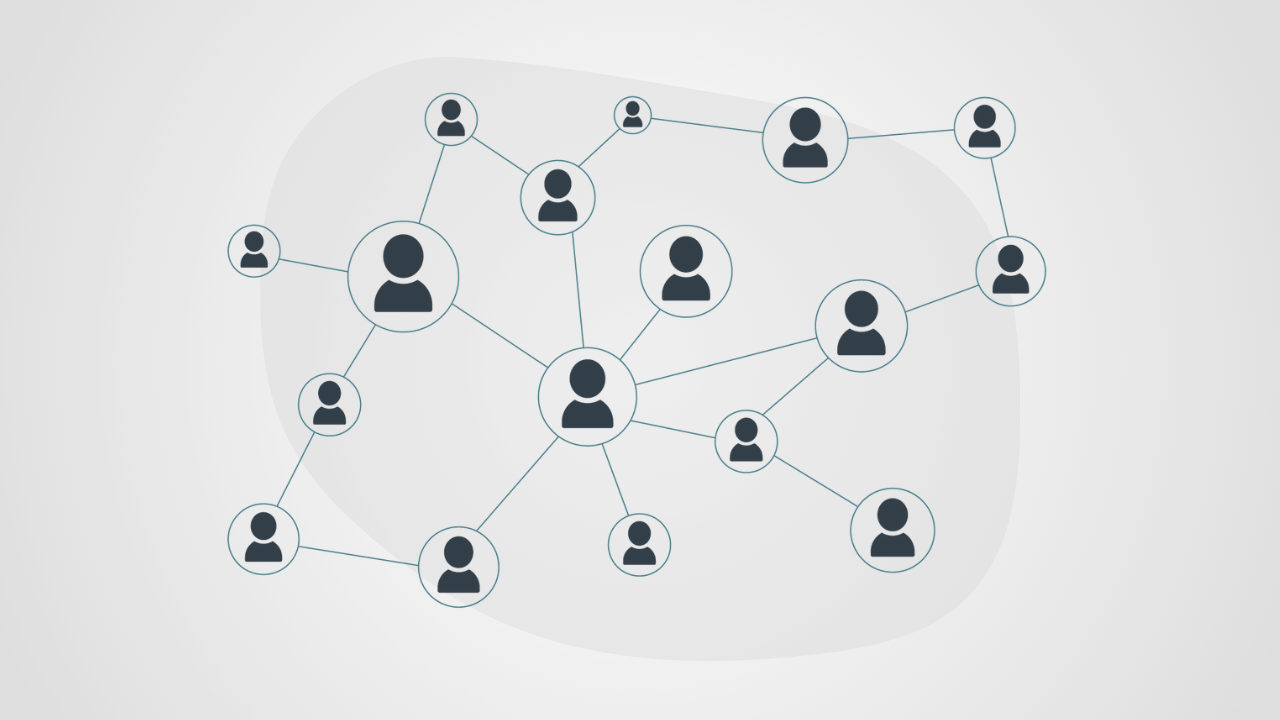Social Platform Trust & Safety

Discord Isn't Requiring a Face Scan — Your Legislators Are
trezy.com
Nuanced take on Discord’s age verification approach
Section 230 Turns 30; Both Parties Want It Gone—For Contradictory Reasons
techdirt.comThe importance of section 230
Some Remarks on the Risks of Lawful Access | mort’s mythopœia
mort.ioConnective Posts: A New Approach to Political Conversations on Social Media
mediaengagement.org
The findings suggest that people can improve their online discussions by using this type of language in their posts. It also suggests social media platforms should optimize algorithms to surface these posts more often...Center for Media Engagement research offers a solution to this problem—encouraging the use of “connective language” online.3 Connective language expresses an openness to other perspectives and a humble approach to presenting one’s viewpoints.4 Examples of connective language include phrases such as “correct me if I’m wrong” or “this is just my opinion.”
julia kamin (@juliakamin.bsky.social)
bsky.app
Collaborative google doc w research studies on social platforms’ impact